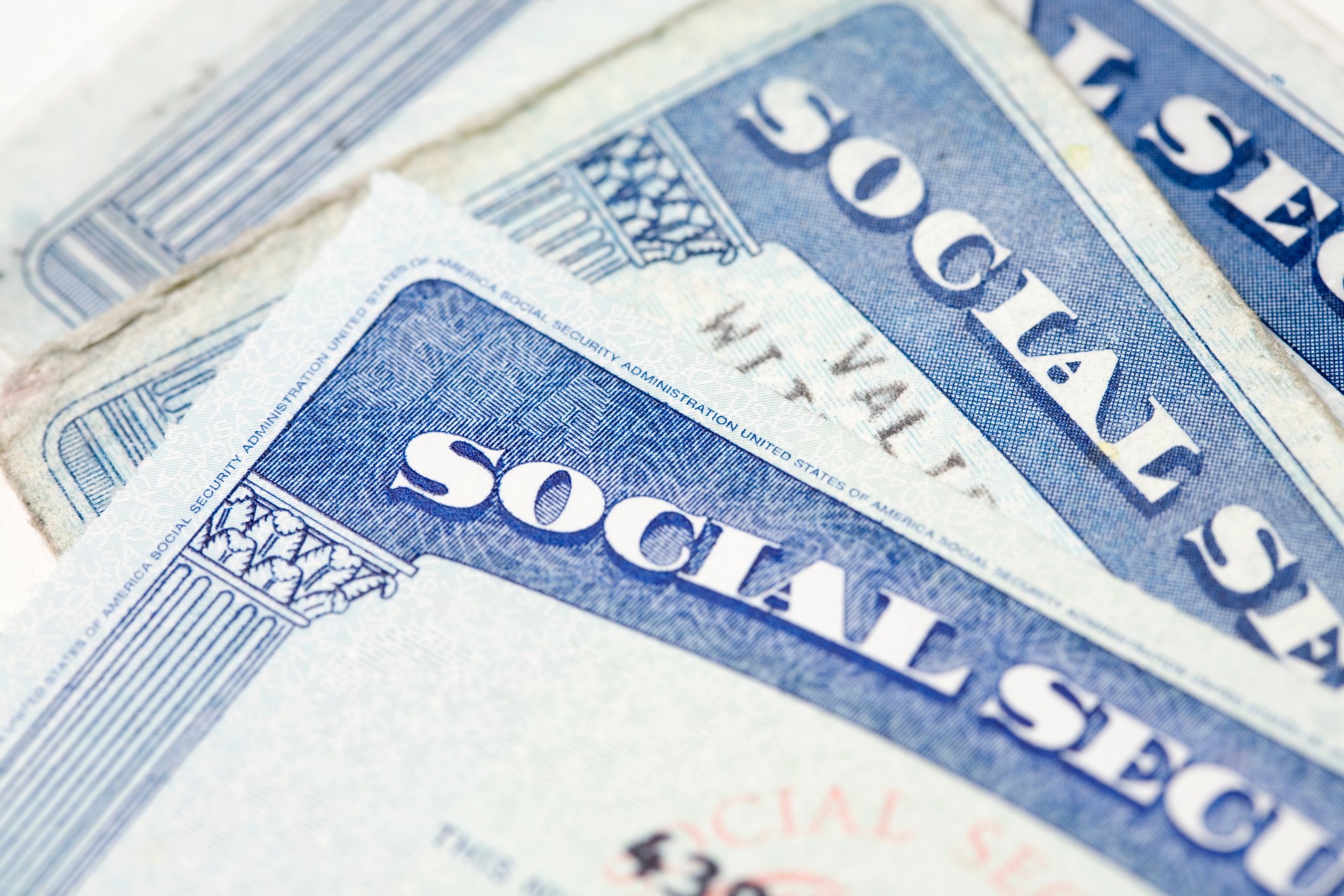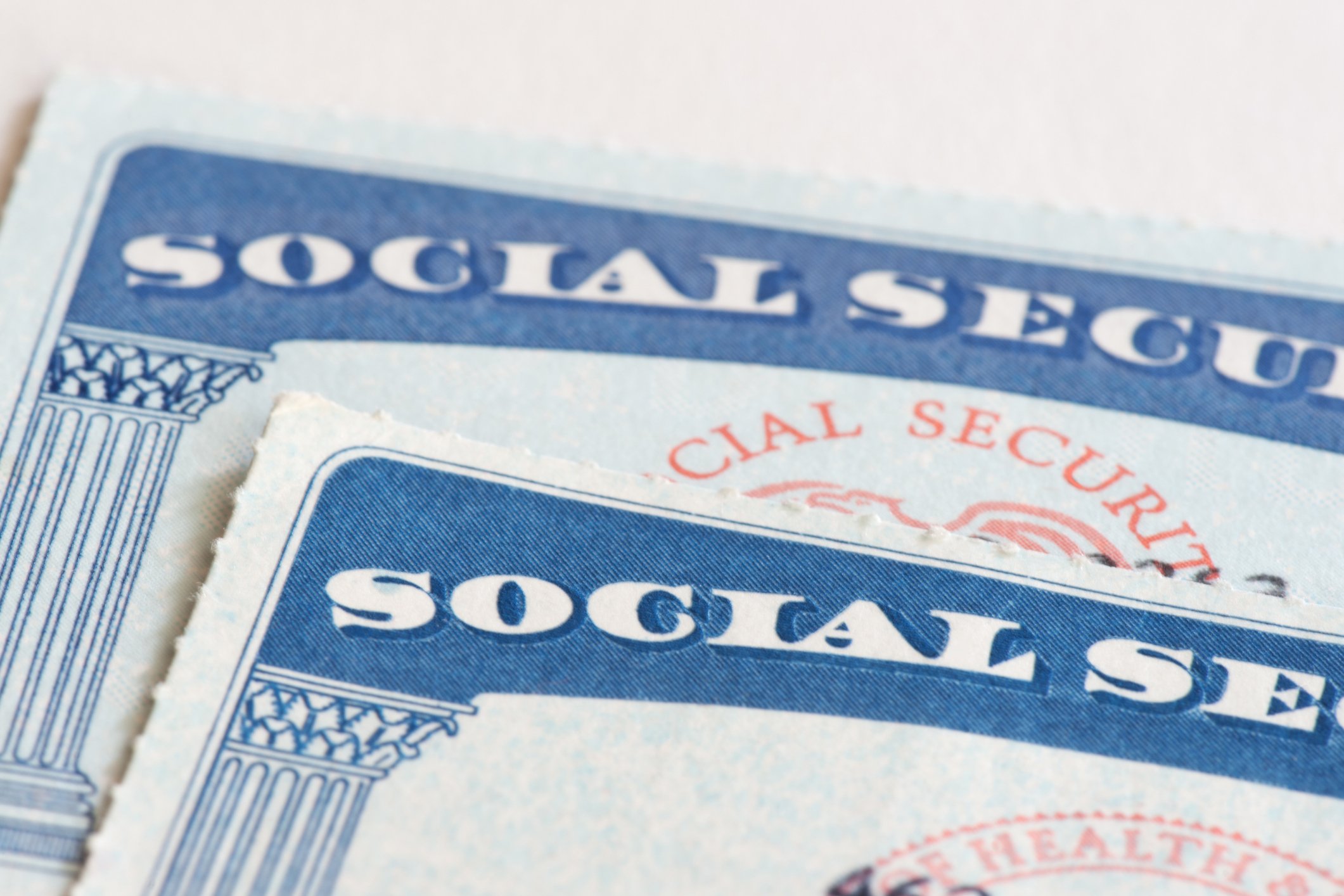Most people know when they want to retire: typically as soon as possible. But few people know when they can actually afford it. Retirement planning is tricky because you're always guessing at what you'll need. A sudden decline in health or a new retirement goal could rapidly change how much money you must save and, consequently, when you can afford to retire. Here are four questions to ask yourself to start figuring out when you can exit the workforce for good.
1. How long do you think you'll live?
The length of your retirement is one of the two key factors determining its cost, with the other being your spending habits (discussed below). We can estimate our life expectancy based on statistics, but unfortunately, these might have little bearing on us. Still, they work as a starting point.

Image source: Getty Images.
The average 65-year-old retiring today has a one in three chance of living past 90, according to the Social Security Administration, and a one in seven chance of living past 95. Use this as your baseline and adjust it up or down based on your family health history and your own lifestyle. Once you have an estimate, you might want to add a few years to be safe in your planning.
2. What do you envision your retirement looking like?
Some people just want a quiet life at home with time to enjoy their hobbies, while others plan to travel and make big purchases. Your goals for retirement play a big part in how much it'll cost, which in turn affects when you can afford to retire.
Start by estimating your basic annual expenses in retirement, like food, housing, and healthcare. Your expenses might go down in retirement, but don't estimate too low. The average household headed by an adult 65 or older spends about $50,000 per year, according to the Bureau of Labor Statistics.
Once you have your estimated annual expenses, make a list of all the one-time purchases you expect, like travel, a new boat, or a new car. Add a little cushion for expenses you hadn't anticipated.
3. How much do you currently have saved for retirement?
Check with your 401(k) plan administrator or the brokerage that has your IRA if you're not sure. If you have multiple retirement accounts, check all your balances. Married couples should consider both partners' retirement accounts. Then you can calculate how much you still have to save for retirement.
4. Can you count on money from any other sources?
Most people can expect at least some money from Social Security. You could calculate this yourself using the Social Security benefit formula, but it's much easier to create a my Social Security account and let the government tell you what to expect.
Some workers might also be entitled to a pension or a 401(k) match. Make note of how much you can expect from these sources since they will help reduce how much you need to save on your own for retirement.
Putting it all together
Answering the above questions should give you just about everything you need to figure out when you can afford to retire. To start putting the pieces together, think about when you'd ideally want to retire. Then, subtract this age from your estimated life expectancy to figure out how long your retirement will last. Multiply your annual retirement expenses by the number of years of your retirement, adding 3% annually for inflation.
Use a retirement calculator if you don't enjoy doing complicated math. It'll help you figure out how much more you need to save by estimating how much your existing savings and regular monthly contributions could grow by the time you're ready to retire. If it asks for your investment rate of return, it could be as high as 7% or 8%, but use 5% or 6% for your estimate just to be safe. The calculator will then tell you the total you need to save overall and per month to hit your goal.
If you can comfortably save this much and you'd like to retire earlier, redo the calculations with the new retirement date to see how that changes what you need to save.
But if the amount you must save per month is far more than you can afford, you have two choices. You can push back your retirement date, in which case, just do the same recalculation as suggested above, but with a later planned retirement date. Or you can adjust your budget to free up more cash for retirement savings. Whatever scenario works for you.
Revisit your plan periodically to update it accordingly. It's easier to make smaller changes annually than larger changes on the eve of retirement.





